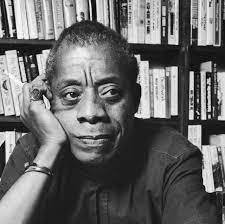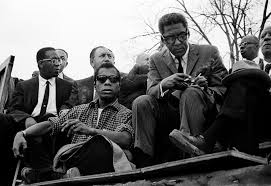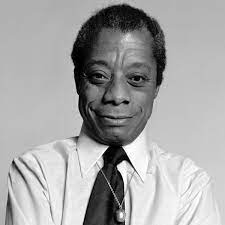I will tell you the truth. So many of my judgments regarding what is morally correct and immoral flow from my rearing within what I like to call an authentically Black family. In many ways, that is a cute way of saying that although we loved each other through and through, there was so much diversity regarding our appearance, priorities, and life aspirations.
Please make no mistake about it; we were an eclectic bunch whose viewpoints were forged by our individual relationships with Islam (Sunni, Shia, Nation of Islam), Bahia, and Christianity (Baptist and C.O.G.I.C.). Despite having such a different basis of faith and belief in God, we all somehow agreed that homosexuality was a mortal sin.

The stern message that I received from my family and my University employers at a later date was never to acknowledge nor address the issue of homosexuality. I did my best to hold that line.
And then I met James Baldwin.
My exposure to Jimmy Baldwin, who I maintain to this day is the foremost social critic this nation has ever produced, began while pursuing a degree in African-American Studies at THE Ohio State University raised a host of questions for me.
- Did my adoration of Baldwin’s writings make me a hypocrite as I refused to embrace others who chose a different lifestyle?
- Was I complicit in the oppression of a segment of Black America by not speaking up for them?
- Was it possible to love Baldwin and be repulsed by the rest?

Tonight MRCi discussion will cover this issue of Black men and their relationship/view of Black male homosexuals. Although a risky topic, I think that our intellectual community will be able to handle it. As always, you are welcome to join us as we delve into what many still believe is a taboo subject matter among Black men.
MRCi discussions occur every Thursday @ 7:30 (EST) – 6:30 (CST). Click on the link below to join our intellectual community.
Join us as we discuss pressing matters facing and impacting Black Men and Black America.
If you can not get the link to work, use the information to join the Zoom session.
Meeting ID: 353 334 8869
Passcode: 1YF4BG
James Thomas Jones III, Ph.D.
©Manhood, Race, and Culture, 2021
